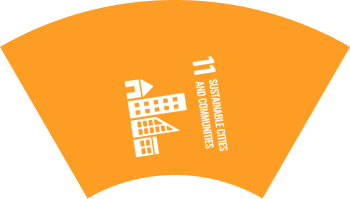WELCOME!
Welcome to R-Inspired. We are so happy you’re here! First off, let us tell you who we are. R-Inspired is a community indicator system for Regina, Saskatchewan, intended to track the wellbeing of our city. Through Sustainable Development Goals (SDGs), we aim to display informative data to increase awareness that will potentially enhance Regina’s future! Join us in creating a change.
SUSTAINABLE DEVELOPMENT GOALS

WHAT ARE SDG GOALS?
MORE ON SDG's OF REGINA!
1. NO POVERTY
Sustainable Development Goal (SDG) aims to eradicate poverty in all its forms, one of humanity’s greatest challenges. It focuses on eliminating extreme poverty and reducing all poverty by half.
Relevant Data Associated with SDG:

BASIC NEEDS
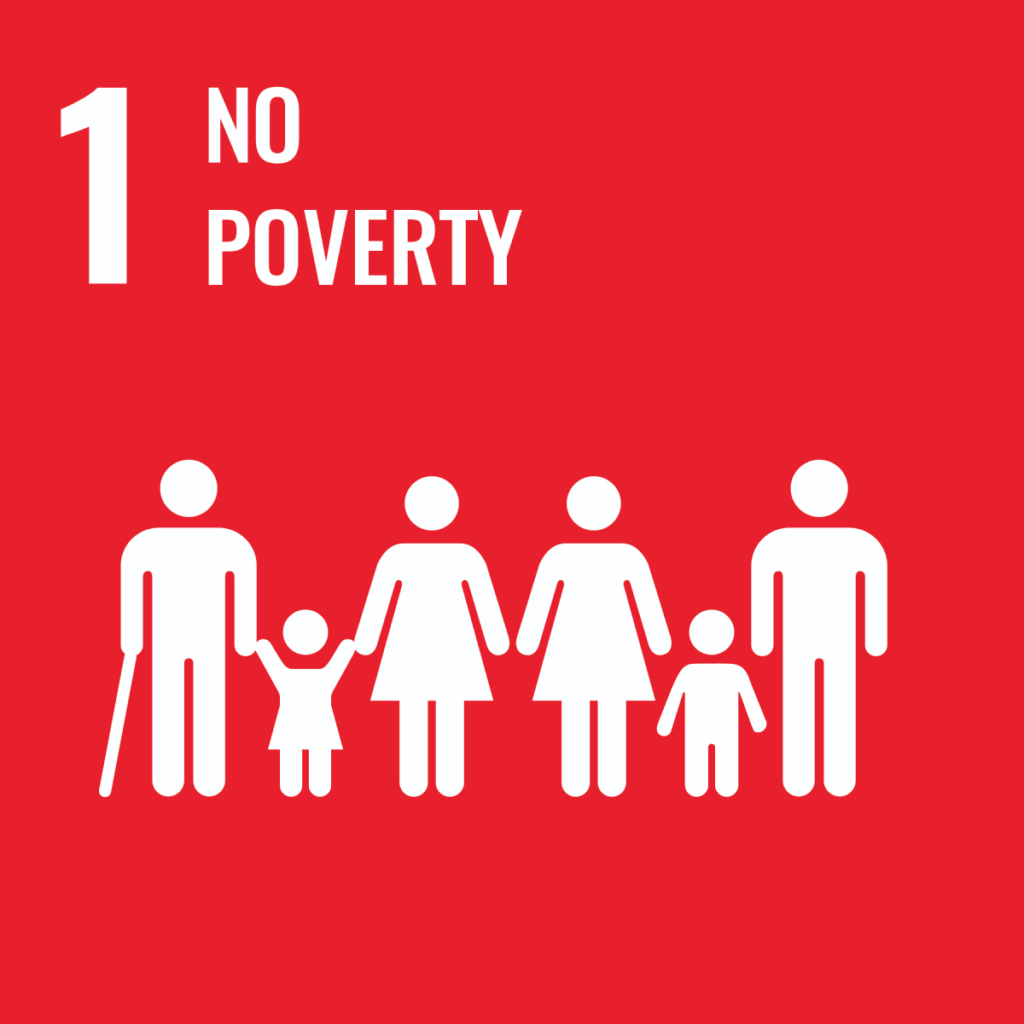
2. ZERO HUNGER
Sustainable Development Goal 2 (SDG 2) aims to achieve “zero hunger”. It is one of the 17 Sustainable Development Goals established by the United Nations in 2015. The official wording is: “End hunger, achieve food security and improved nutrition and promote sustainable agriculture.”
Relevant Data Associated with SDG:

BASIC NEEDS
HEALTH
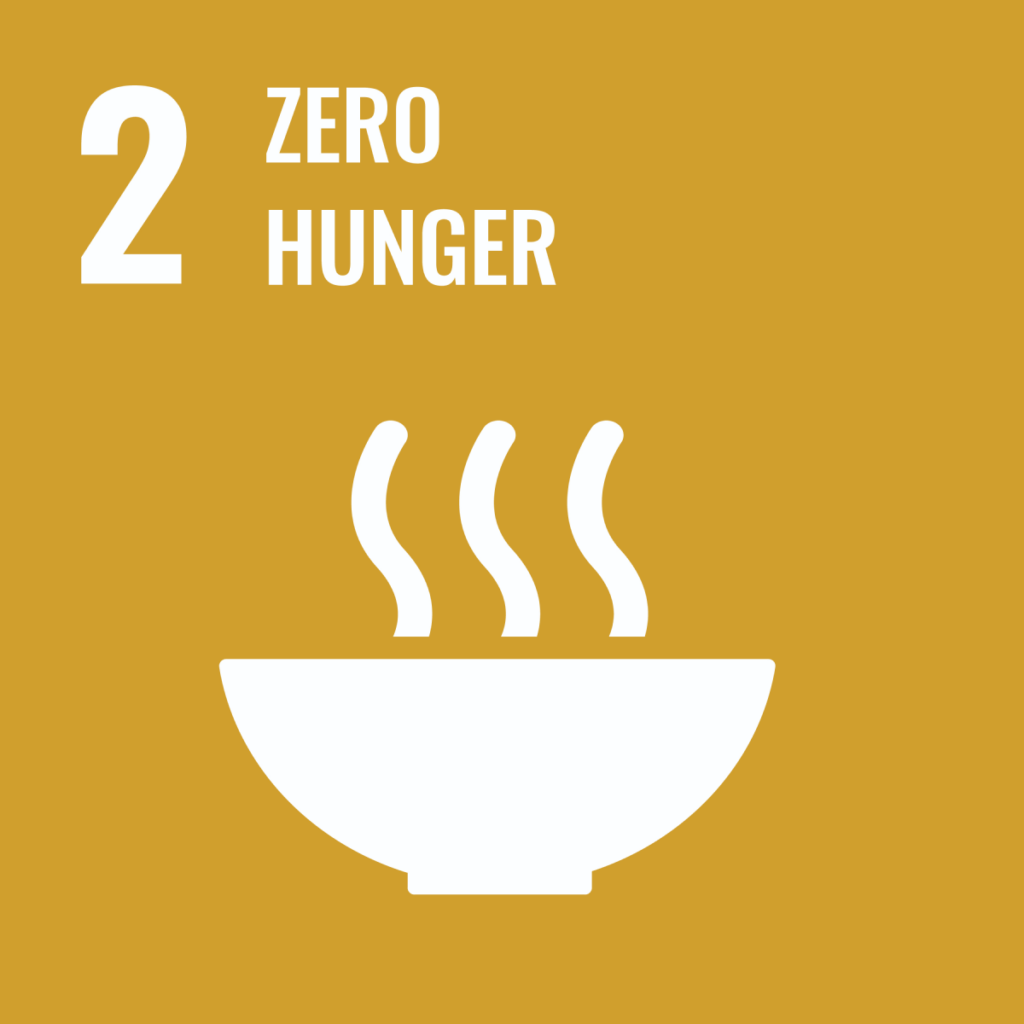
3. GOOD HEALTH AND WELL-BEING
Sustainable Development Goal 3 (SDG 3) aims to ensure healthy lives and promote well-being for all at all ages. It is one of the 17 Sustainable Development Goals established by the United Nations in 2015
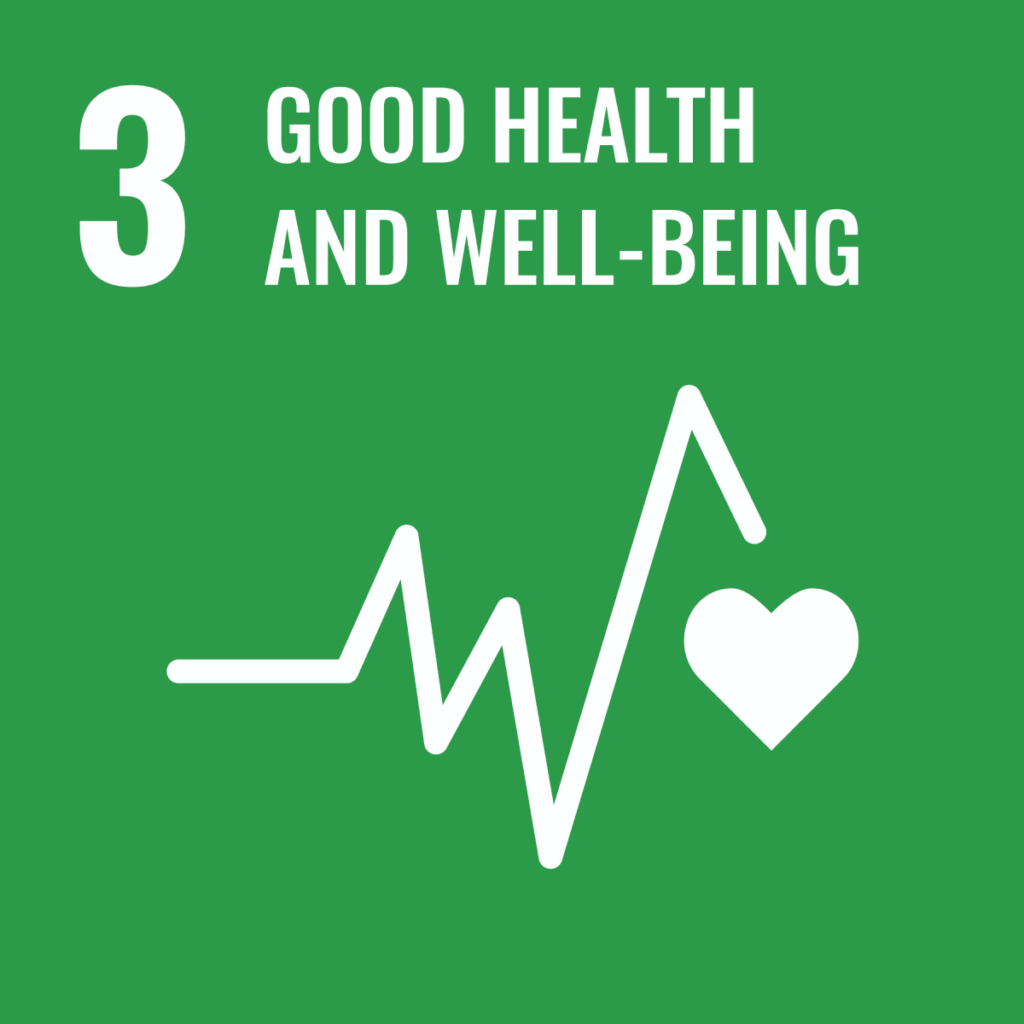
10. REDUCED INEQUALITIES
Sustainable Development Goal 10 (SDG 10) focuses on reducing inequality within and among countries. It is one of the 17 Sustainable Development Goals established by the United Nations in 2015.
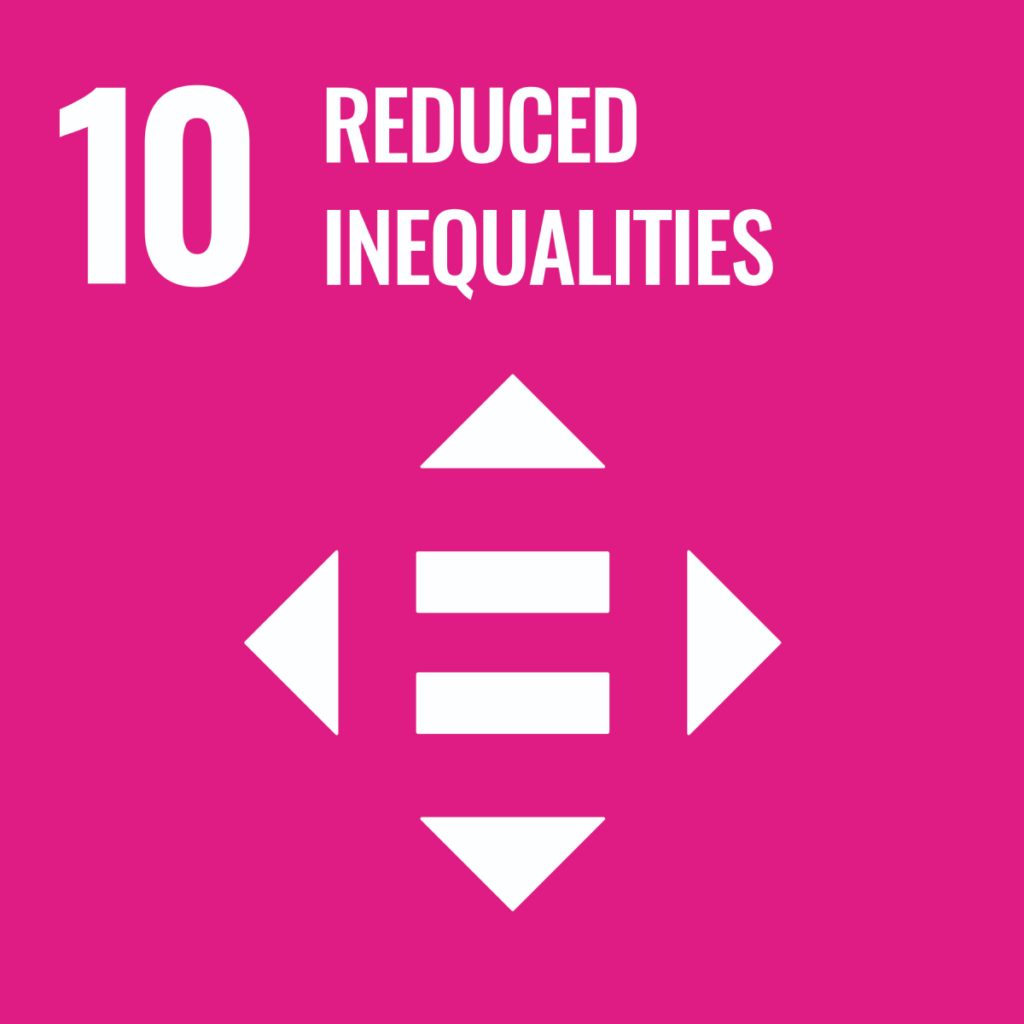
11. SUSTAINABLE CITIES AND COMMUNITIES
Sustainable Development Goal 11 (SDG 11) focuses on making cities and human settlements inclusive, safe, resilient, and sustainable. It is one of the 17 Sustainable Development Goals established by the United Nations in 2015.
Relevant Data Associated with SDG:

BASIC NEEDS

BUILT ENVIRONMENT
ECONOMY
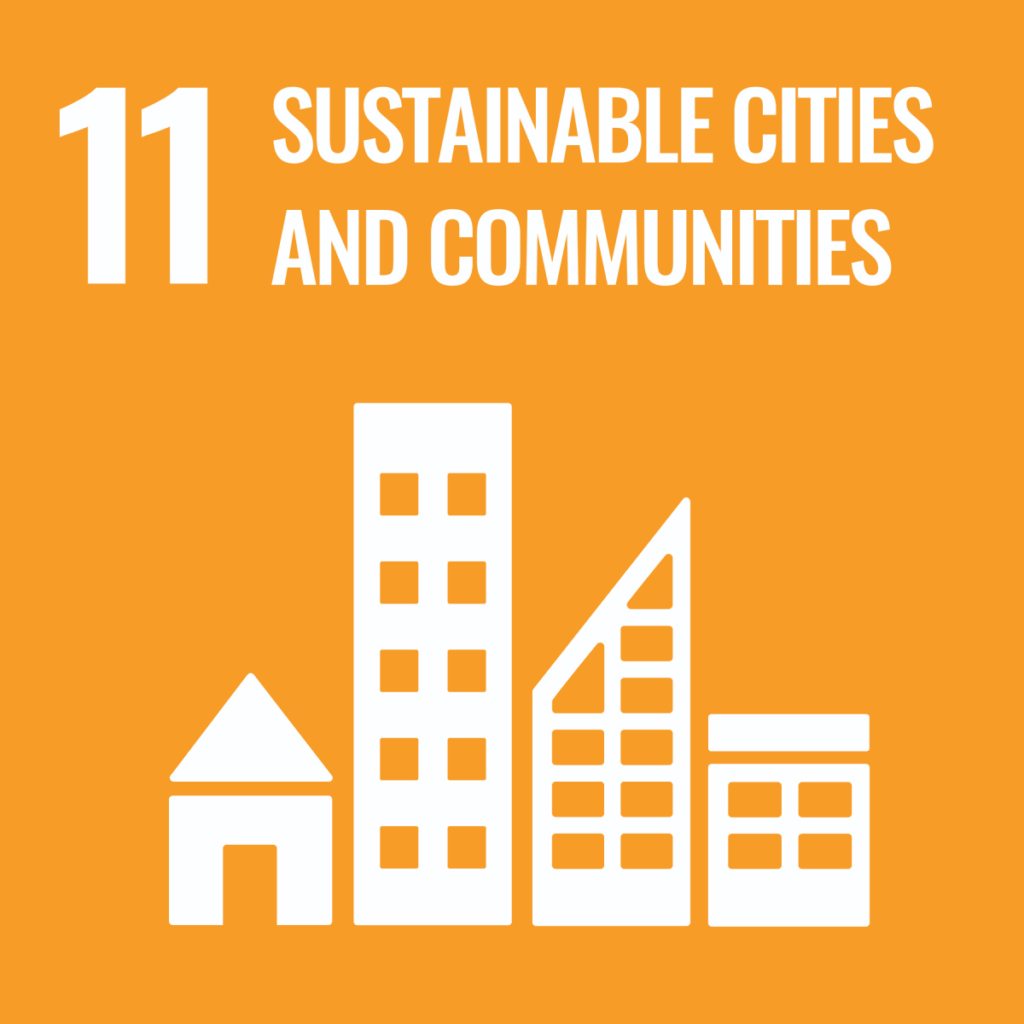
13. CLIMATE ACTION
Sustainable Development Goal 13 (SDG 13) aims to limit and adapt to climate change. It is one of the 17 Sustainable Development Goals established by the United Nations General Assembly in 2015
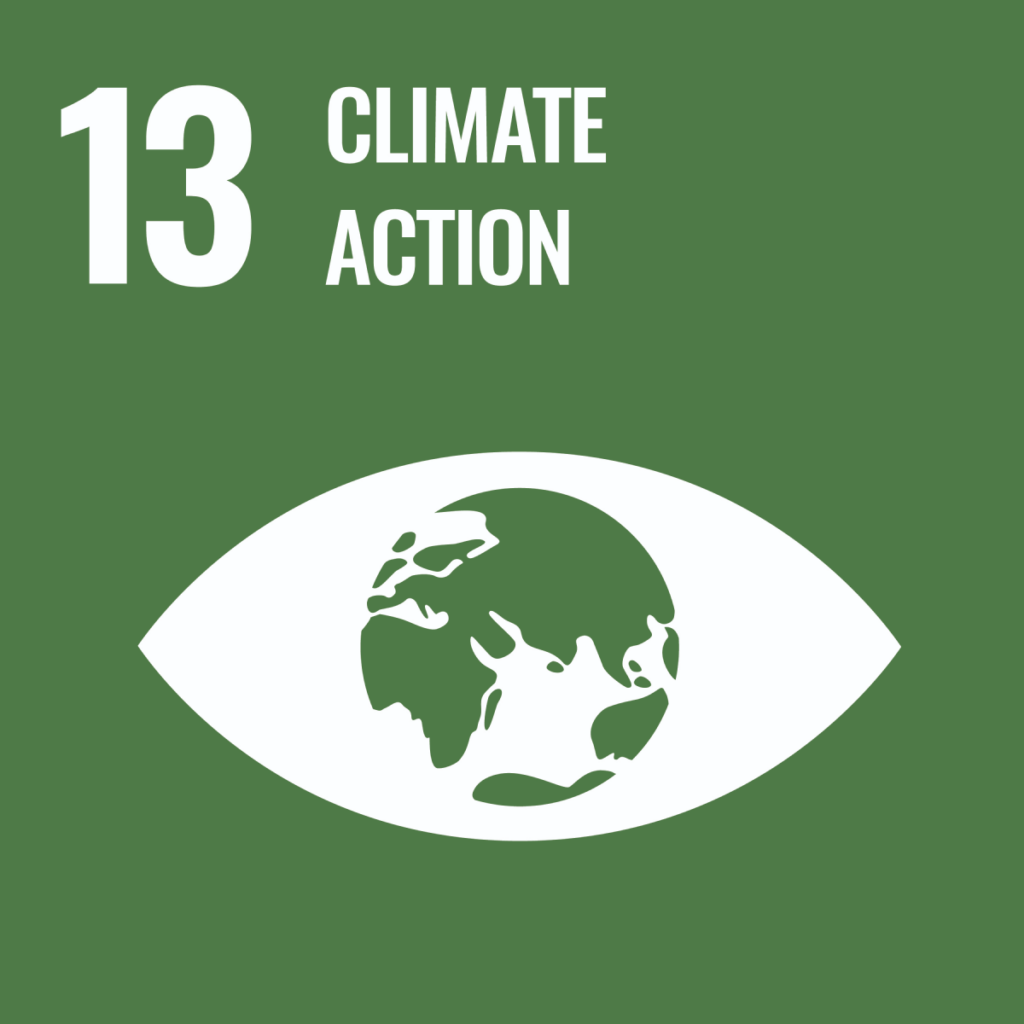
WHY SDG'S ARE IMPORTANT TO REGINA?
The Sustainable Development Goals (SDGs) are crucial for Regina as they guide the city towards sustainable urban development, addressing challenges like affordable housing, sustainable transport, environmental impact, and public spaces. They also help in reducing the city’s overall emissions.
The Sustainable Development Goals (SDGs) can have a significant impact on cities by providing a framework for addressing various socio-economic, environmental, and governance challenges. Here are some ways SDGs can influence cities and the impact they can create:
Improving Quality of Life: SDGs focus on eradicating poverty, ensuring access to clean water and sanitation, promoting health and well-being, and ensuring quality education. Implementing these goals can lead to improvements in living standards, healthcare, education, and overall well-being for urban residents.
Promoting Sustainable Infrastructure: SDGs emphasize sustainable infrastructure development, including affordable and clean energy, sustainable transportation, and resilient infrastructure. This can lead to the construction of public transportation systems, renewable energy projects, and green buildings, which can improve urban mobility, reduce pollution, and enhance resilience to climate change.
Enhancing Economic Growth: SDGs aim to promote inclusive and sustainable economic growth, decent work, and industry innovation. Cities that align their economic development strategies with SDGs can attract investment, foster entrepreneurship, create job opportunities, and promote equitable economic growth, leading to poverty reduction and improved livelihoods.
Addressing Environmental Challenges: SDGs prioritize environmental sustainability, including goals related to climate action, sustainable consumption and production, and the protection of terrestrial and marine ecosystems. By implementing measures to reduce greenhouse gas emissions, conserve natural resources, and mitigate environmental degradation, cities can minimize their ecological footprint and enhance resilience to environmental risks such as climate change and natural disasters.
Fostering Social Inclusion and Equity: SDGs emphasize the importance of social inclusion, gender equality, and reducing inequalities within and among countries. Cities that prioritize these goals can implement policies and programs to promote social cohesion, address disparities in access to resources and opportunities, and ensure equal rights and opportunities for all residents, regardless of gender, age, ethnicity, or socio-economic status.
Strengthening Governance and Participation: SDGs advocate for effective governance, accountable institutions, and inclusive decision-making processes. Cities that embrace these principles can improve governance structures, enhance transparency and accountability, and promote citizen engagement and participation in decision-making, leading to more responsive and inclusive urban governance.
Overall, aligning urban development strategies with the SDGs can help cities achieve sustainable, inclusive, and resilient growth, ensuring a better quality of life for current and future generations of urban residents.





